We caught up with the brilliant and insightful Charlie Kim a few weeks ago and have shared our conversation below.
Charlie, thanks for taking the time to share your stories with us today We’d love to hear the backstory behind a risk you’ve taken – whether big or small, walk us through what it was like and how it ultimately turned out.
As musicians and actors, we are trained to take risks in performance. This is where true art lies– reacting to each other in real time in front of an audience where stakes are high. The success of this depends on the preparation of the performers and the trust they have in each other. In music, this might mean slowing down or pausing all together because someone on stage might feel that in the moment, for example. This requires everyone on stage to not only be proficient enough on their own part to be aware of others, but to also trust that the others will slow down and stop with you without being able to talk to each other about it. In theater, risk could take the form of acknowledging an on-stage prop malfunction during performance– do you address it or do you ignore it? Choosing to address it to the audience, whether directly or through the character, involves risk because the reaction of the audience is undetermined.
Because I live in these artistic worlds, my daily choices revolve around taking risks. Day after day, I am choosing the tougher pieces of music, to change an aspect of my music department, to hold a character’s hand on stage without rehearsing first. Large payoff is what motivates my artistic choices–and more often than not the gambles are worth it. As I look back, I realize this daring disposition has not only influenced my artistic choices, but my career and life choices as well. My life so far has been a series of chances taken, and I couldn’t be more grateful for the life I am living now.
If you study vocal, choral, or piano performance in college, odds are you will be a hired professional musician for a religious institution at some point. I was no exception. After many years of singing as a chorister and collaborating from the piano in churches and temples of all denominations and creeds, I attained a well-paid position as music director of the largest Catholic congregation in the area I was living in at the time. It was a bilingual church with eight services a week, four choirs, a band, a K-12 school with choirs, and a majority of all the funerals, weddings, and baptisms in the area, all of which require music. This was my main source of income, supplemented by the performing I was doing as a classical pianist and vocalist during evenings, weekends, and holidays. My life was completely entrenched in music-making. As welcoming as the church population was (I was very lucky), I felt I was using my musical prowess in ways that were not fulfilling enough. I needed to create art that satisfied my own needs and I kept asking myself, “is this forever?”
A major break came along in my performance career when I was offered a world-tour spot in a troupe of 21 singing actors presenting an innovative staging of a choral work from the 16th century about events surrounding the death of Jesus Christ. It afforded me the opportunity to sing in the major concert venues of the world, all expenses paid, plus a salary–London, Paris, Salzburg, Auckland, Los Angeles, and throughout the USA. However, it required me to leave my job at the time as music director of the church. World-tours don’t last forever, and I knew if I took the tour, I would be without a steady income when I returned. All I knew at the time was that I couldn’t work for the church forever, and that if I passed up the opportunity to sing on the great stages, I would regret it for the rest of the life. So, without anything lined up after the tour, I resigned as music director of the church and left my steady income, benefits, and sense of security to pursue something I really wanted, (and for a religious piece of music, of all things!)
Each performance was sweeter and more fulfilling than the last. I was relishing the travel, the food, the adventure, the companionship. I really felt satisfied with my decision and was having the time of my life, letting the music change me. We didn’t know it yet, but our performance at the Auckland Music Festival would be our last for a long while. I remember being deep in a rainforest under a waterfall (as one does in New Zealand), and when I came out, the world had stopped and the pandemic had been declared. One after another, the emails came in cancelling gig after gig I had lined up in preparation for my return. I felt a sense of deep despair and fear of the future as I contemplated my next move.
In talking with fellow performers, I slowly realized I wasn’t the only one in this predicament. We joked about getting civilian jobs and staying in New Zealand. Upon returning home, government aid started to kick in and the arts community had to pivot. We turned to online content– virtual choirs and orchestras, live-streaming, guest-lecturing on zoom. With no job to speak of and time to spare because of lockdown, I learned to record content from home. I took risks again in the form of putting out content that was true to my aesthetic, teaching style, and ability to connect to audiences. This blossomed into being featured front-and-center with the large performance organizations I work with, perhaps in ways that I might not have been able to achieve if it weren’t for the creative freedom afforded to everyone through being isolated. Fellow creators were reaching out left and right because the name of the game was art for art’s sake at the time. This led to a level of exposure and payoff for me that I still feel to this day.
This is just one example of many decisions I have made, projects I’ve taken, cold calls, and rejection letters I have received that have shaped my artistic identity. I like to think of the universe as friendly and on my side. Some call me lucky. That may be true, but after plenty of rejection and plenty of success, I prefer the word “momentum” over “risk”. Risk implies the possibility of a negative consequence. Taking risks, no matter how things turn out, is worth it because you are moving forward. There are positive and negative consequences to any risk, but focusing on the positive, pivoting, and continuing to progress I believe are the keys to success. I now begin every day by taking a moment to say out loud to myself, “what amazing, wonderful thing is going to happen to me today?” Of course, there are moments where I have to remind myself to be excited about my life, but I have learned success is a choice. Taking risks while knowing in your heart and mind that whatever comes of it can be used to your advantage has become a part of my identity and I have learned to look forward to being surprised instead of afraid.
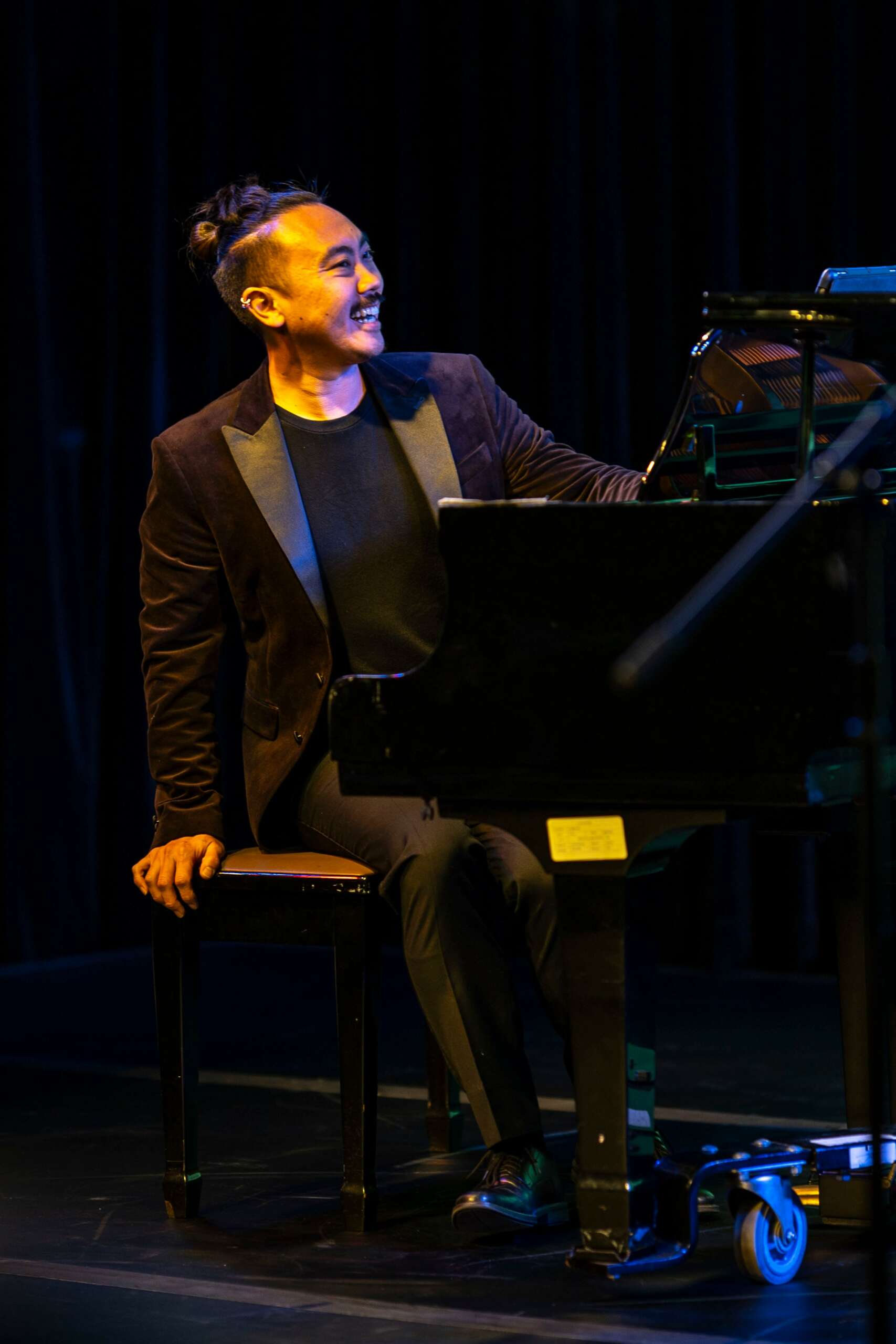
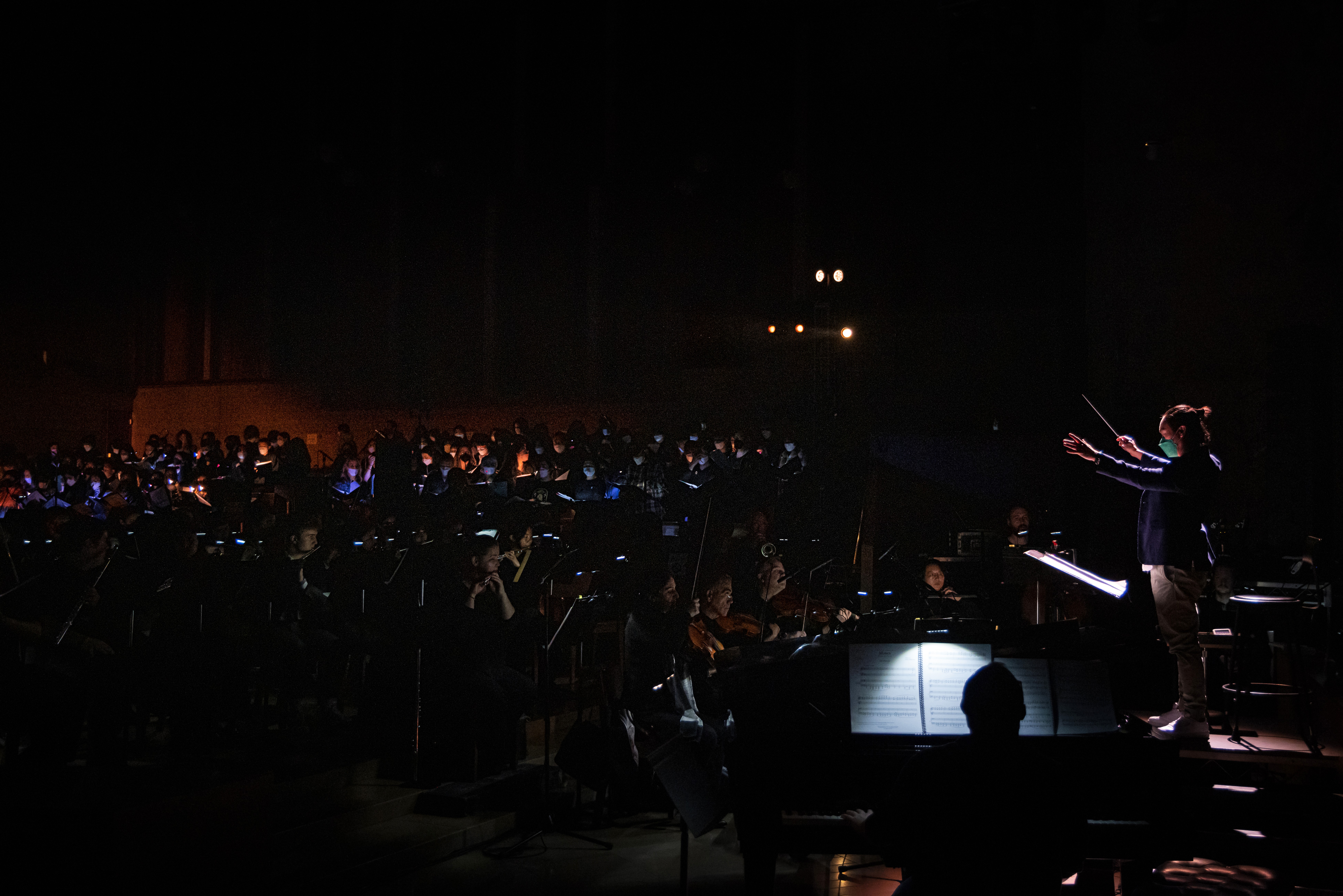
As always, we appreciate you sharing your insights and we’ve got a few more questions for you, but before we get to all of that can you take a minute to introduce yourself and give our readers some of your back background and context?
I am a pianist, vocalist, conductor, educator, and community arts activist. I have deep roots in Western classical music and American musical theater. This lead to my study of opera, vocal coaching, and conducting in my graduate degrees. I now serve as–
Music director for large performance organizations such as Los Angeles Opera and Los Angeles Master Chorale. Because of my relatability and MC abilities, I am frequently seen as front man for education and community outreach events. I can assemble and rehearse groups as large 500, as well as curate intimate musical acts. I have created material and performed at major cultural institutions all over Los Angeles, including Disney Concert Hall, Hollywood Bowl, the Getty, City of Hope Hospital, Rancho Los Amigos Rehab Center, Fashion Institute of Merchandising and Design, to name a few. He is a winner of the Best Musical Director award for the Four Star Theater Alliance of Ventura County.
Vocalist in major concert venues of Southern California. Vocalist in film and TV with credits such as: Star Wars: Return of the Jedi, The Marvels, Muppets Mayhem, Tiger’s Apprentice, Cardi B Tries, and on the Call of Duty video game franchise. I am on grammy-winning recordings with the Los Angeles Philharmonic with Los Angeles Master Chorale. My last operatic appearance won “Best Opera Performance” from San Francisco Classical Voice.
Pianist for several higher learning institutions such as USC, UCLA, Pasadena City College, Moorpark College, Los Angeles Valley College. Rehearsal pianist for several opera companies, musical theater troupes. He is frequently sought out as a pianist for his sense of connection to his collaborators and visual flair on stage, as well as sensitive, artistic interpretations from many genres.
Educator for several large performance organizations including Los Angeles Opera and Los Angeles Master Chorale. Regular guest adjudicator for musical competition organizations throughout Southern California.
Community arts activist through his work my artistic director of the San Fernando Valley Master Chorale. I am a cultural liaison and personnel consultant with the City of Los Angeles Department of Cultural Affairs and am working towards partnerships between all performing arts organizations in the San Fernando Valley in hopes of occupying city-subsidized rehearsal and performance space in order to foster more arts for the community and cultural identity.
I am a member of the SAG-AFTRA, AGMA, and AFM unions. In addition to performance, I am available for consultation, artistic coaching, and speaking.
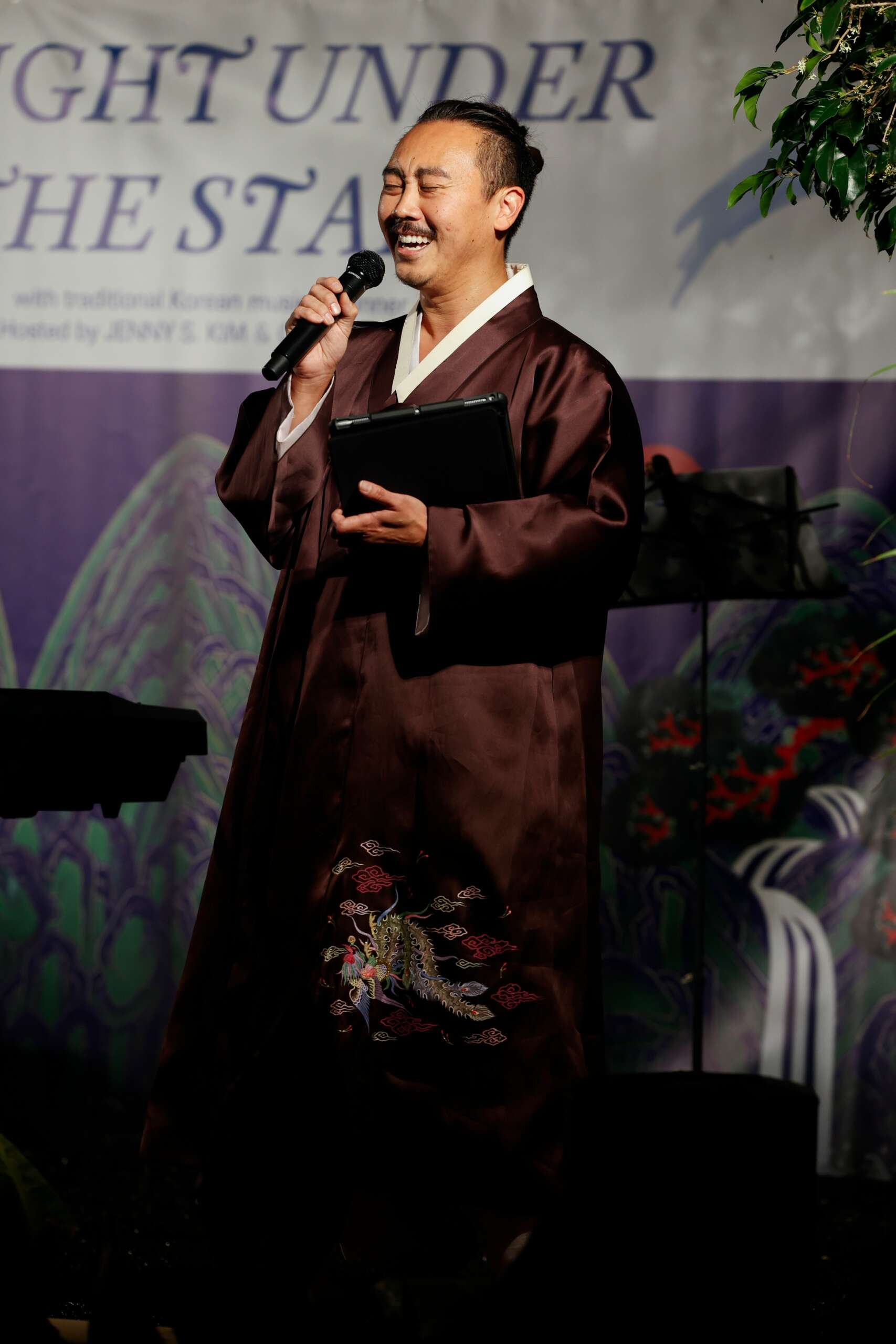
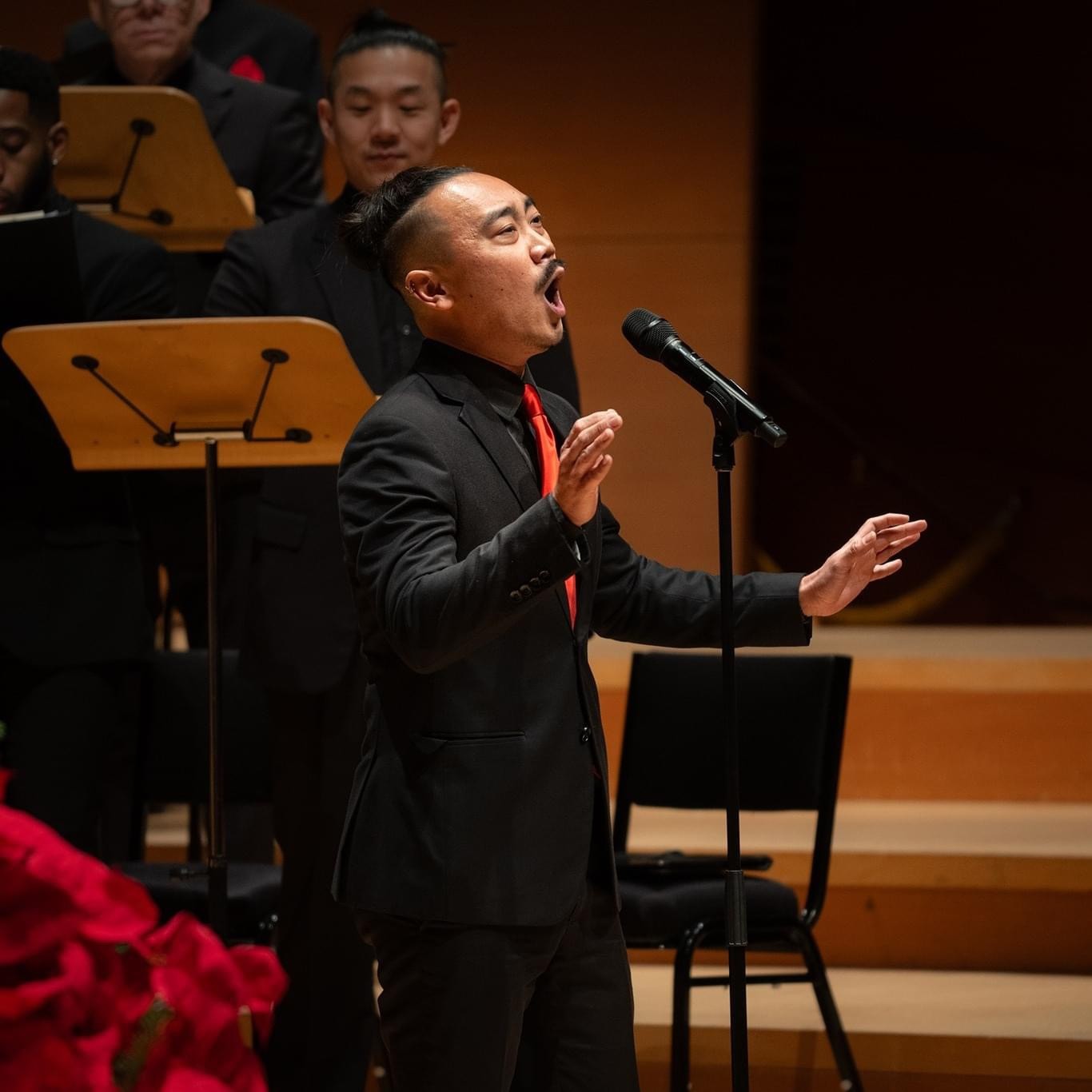
Do you think there is something that non-creatives might struggle to understand about your journey as a creative? Maybe you can shed some light?
Art requires obsession. Learning to balance relationships, home life, and self-care with your art form is a constant challenge. I am grateful to be in a long-term relationship with a fellow musician. I can’t imagine having to explain my needing to be at the theater every night after work until 10pm for two weeks leading up to the show to someone who is unfamiliar with that scenario. To the non-creatives, understand that sometimes you will not come first, and be okay with that. Lines need to be learned, vision needs to be chased no matter what time of day or night it is. Artists work odd hours and are not bound by the 9-5 life sometimes. Nobody achieves artistic success on their own– there is a whole village of selfless, supportive people who contribute understanding and space to the artist pursuing.
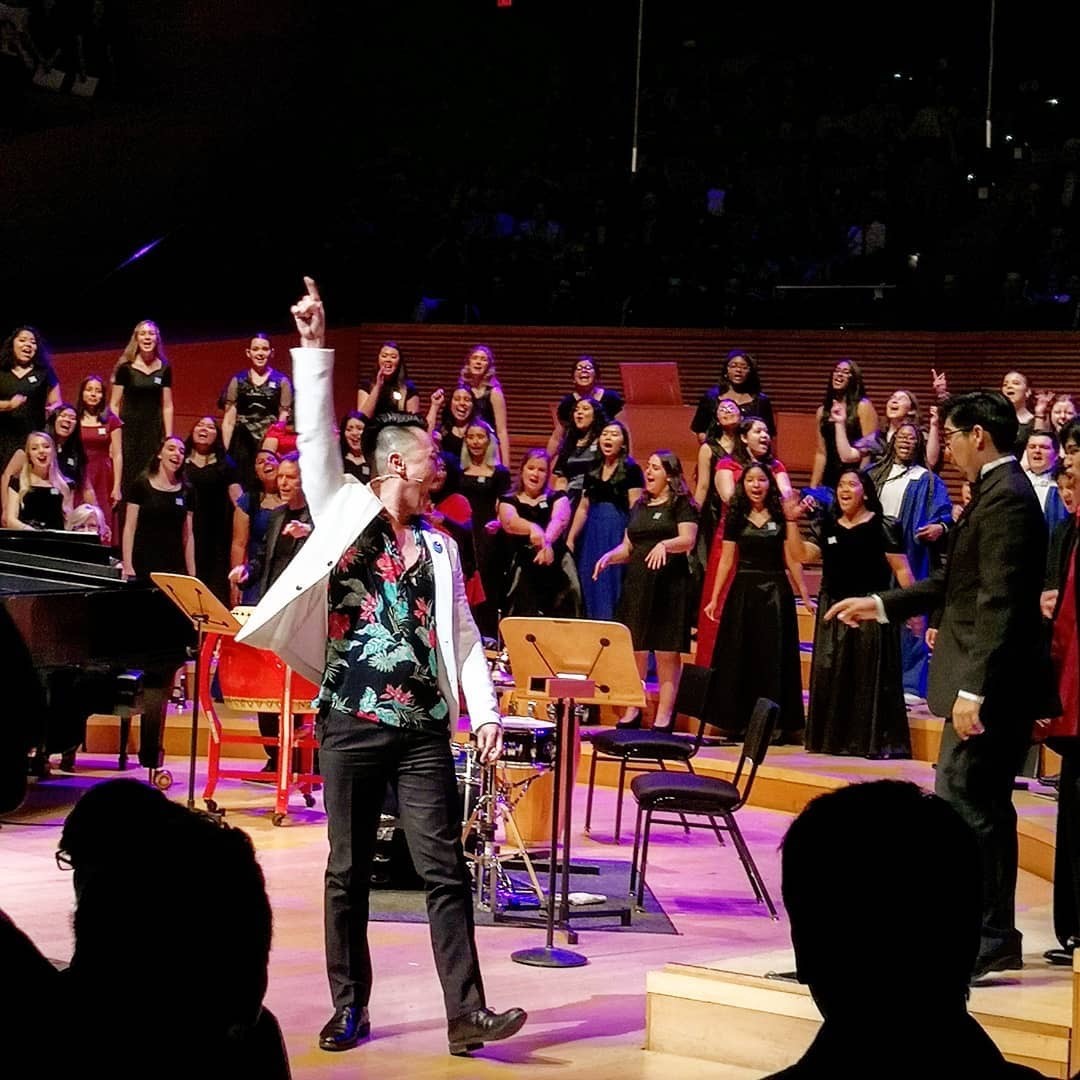
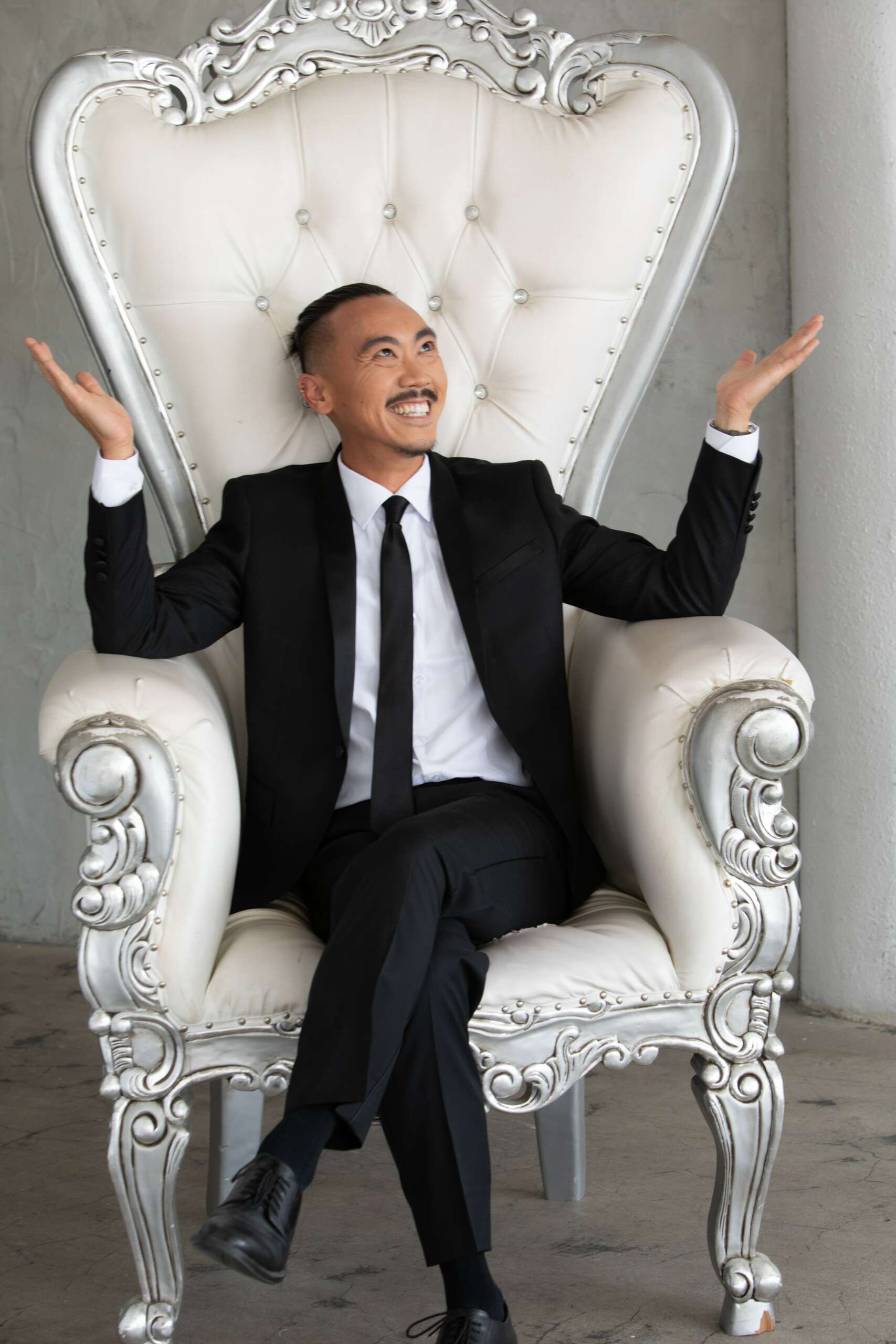
What’s the most rewarding aspect of being a creative in your experience?
I struggle with this question because I have to face the answer not outweighing the work I put in! At this moment in my life, I enjoy the memories of the high points of creativity. I will always be able to look back on the musical moments with clarity. I also cherish the caliber of people that gather around high art. If you are in a room with the best musicians, chances are they are also all excellent people to drink with, to lean on in hard times, to ask for advice. The sense of community and belonging I get from being a part of the music community of Los Angeles gives me purpose and identity.
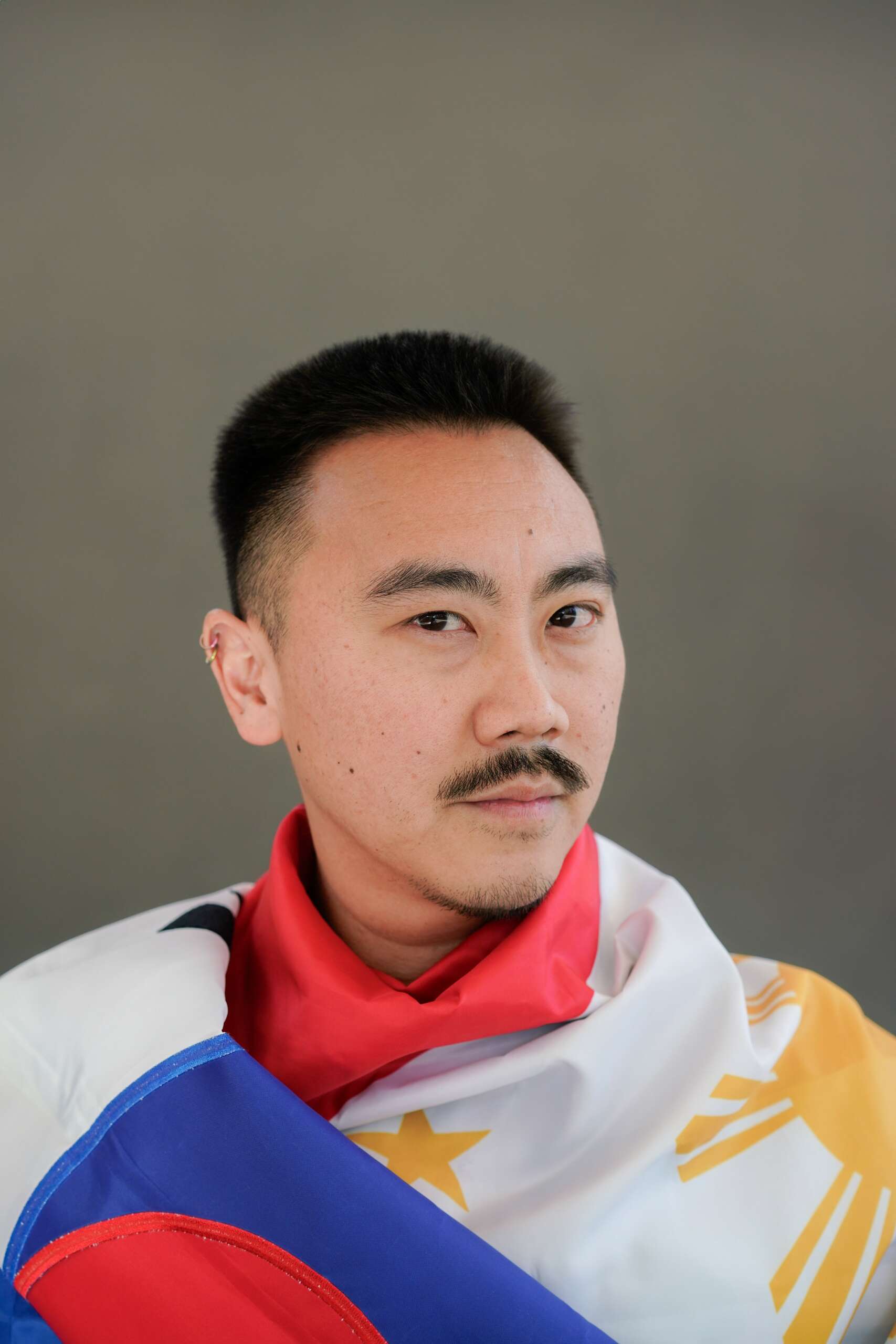
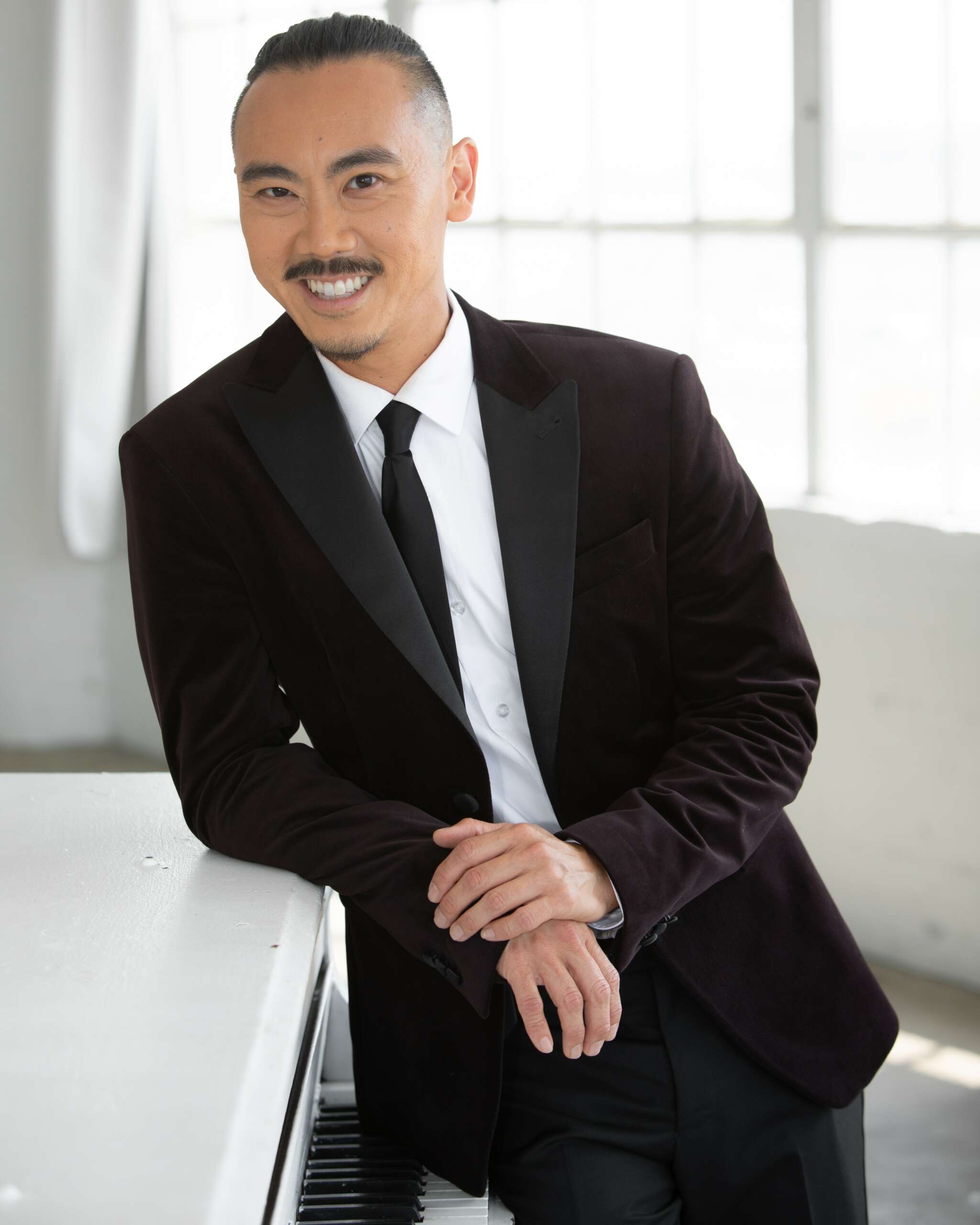
Contact Info:
- Website: www.charliekimmusician.com
- Instagram: @kuyachacha
- Youtube: @charliekim9824
Image Credits
Shawn Flint Blair, Andrew Castro


